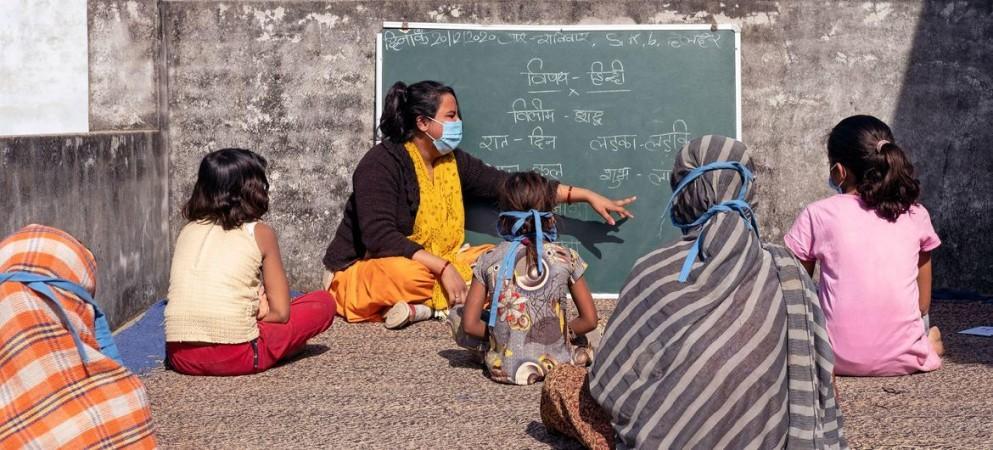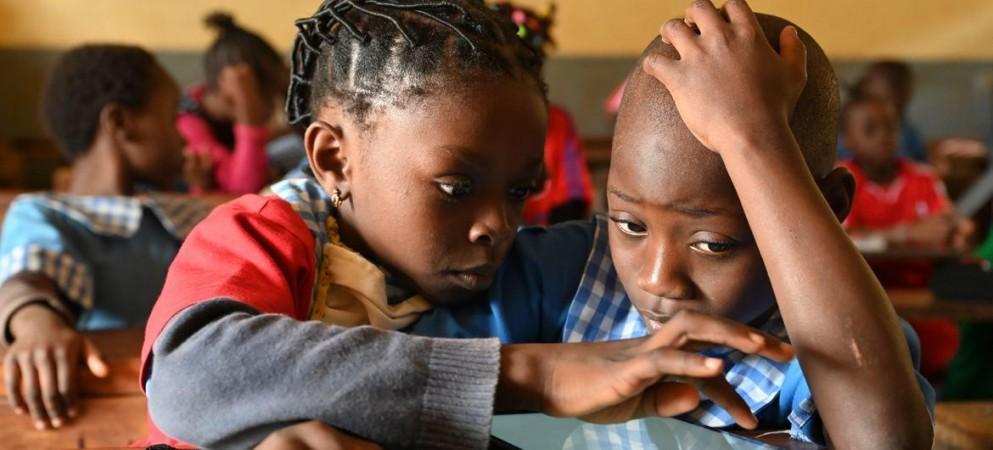The United Nations is observing 24 January as International Day of Education in celebration of the role of education for peace and development. The COVID-19 pandemic has had a devastating effect on education, laying bare a crisis that was already causing widespread concern well before the spread of the virus.
Robert Jenkins, the Director of Education at the UN Children's Fund, UNICEF, said a transformation in learning is required amid warnings that the current system is failing millions of people due to the Covid-19 pandemic.
Without inclusive and equitable quality education and lifelong opportunities for all, countries will not succeed in achieving gender equality and breaking the cycle of poverty that is leaving millions of children, youth and adults behind.
Today, 258 million children and youth still do not attend school; 617 million children and adolescents cannot read and do basic math; less than 40% of girls in sub-Saharan Africa complete lower secondary school and some four million children and youth refugees are out of school. Their right to education is being violated and it is unacceptable.

Before the pandemic, 53 per cent of 10-year-olds living in low and middle-income countries were not sufficiently or effectively reading, and did not meet the minimum standards of foundational literacy and numeracy. That is estimated to be going up to 70 per cent, said Jenkins.
That's 70 per cent of 10-year-olds being unable to read or understand a simple text, and children living in countries with poor learning outcomes prior to the pandemic have tended to also have had their schools closed for the longest, ho noted.
2022 International Day of Education Celebrations
On 24 January 2022, the UN member nations will be celebrating the fourth International Day of Education under the theme "Changing Course, Transforming Education".
As detailed in UNESCO's recent global Futures of Education report, transforming the future requires an urgent rebalancing or our relationships with each other, with nature as well as with technology that permeates our lives, bearing breakthrough opportunities while raising serious concerns for equity, inclusion and democratic participation, said the global body.

This year's International Day of Education will be a platform to showcase the most important transformations that have to be nurtured to realize everyone's fundamental right to education and build a more sustainable, inclusive and peaceful futures.
It will generate debate around how to strengthen education as a public endeavour and common good, how to steer the digital transformation, support teachers, safeguard the planet and unlock the potential in every person to contribute to collective well-being and our shared home.

















